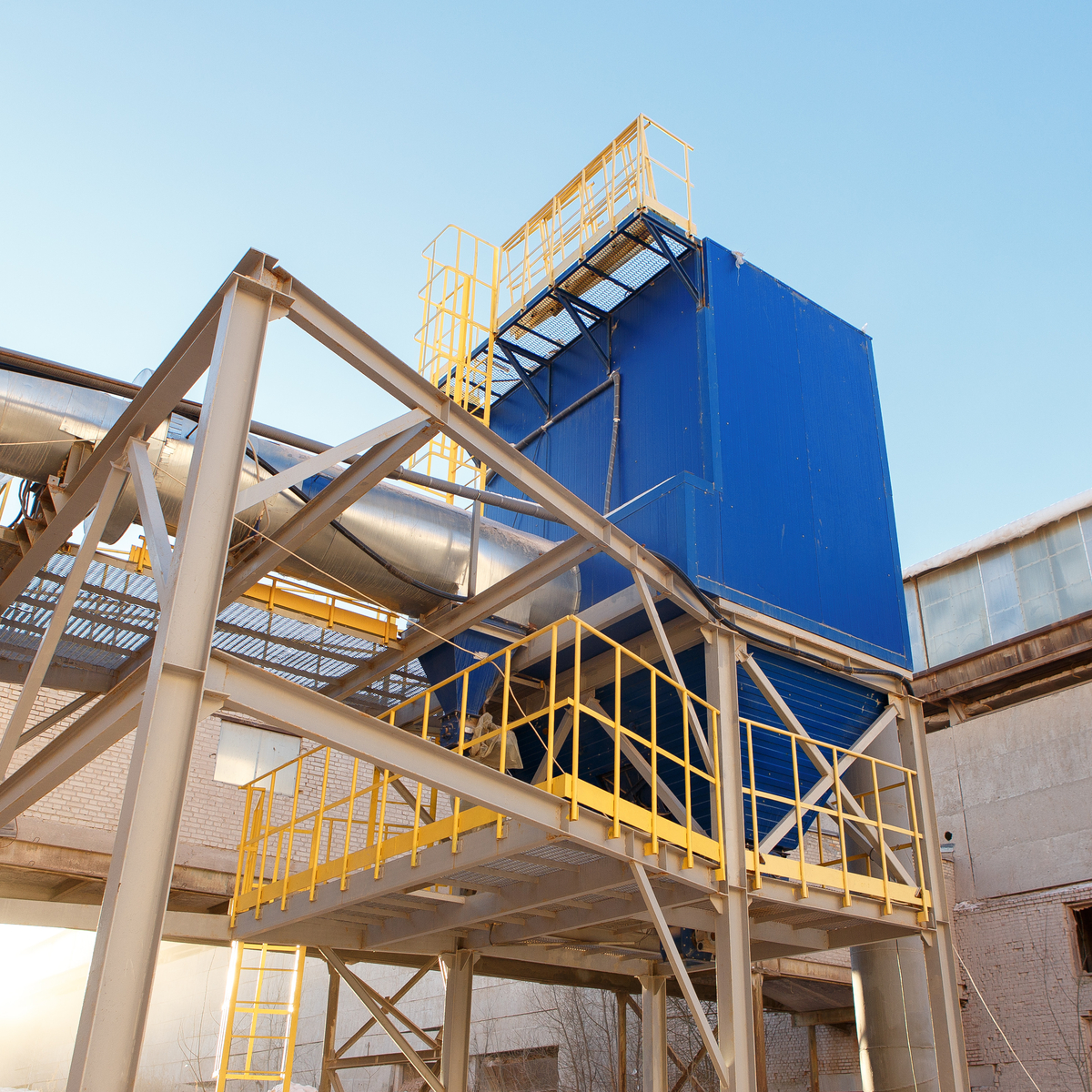
You know that keeping your commercial or industrial HVAC equipment in good working order requires ongoing maintenance. This is why you schedule regular visits from HVAC professionals to inspect, clean and repair your equipment as needed, or upgrade your equipment when parts are beyond repair.
Related: Signs Your HVAC Needs Repair
That said, if you want to avoid emergency situations, along with the associated costs, it’s wise to keep an eye on critical components of your HVAC system between inspections. One of the most important items to monitor is the air filter. Here are some questions you should ask yourself:
- What can happen if something goes wrong with this essential element?
- What are common issues you can face with air filters?
- What should you do if air filters get dirty from use between scheduled HVAC services?
While you could certainly call a professional whenever you experience a problem, you’ll be better served to manage simple maintenance tasks on your own, saving time and money, and this includes filter maintenance. Here’s what you need to know about keeping your air filters clean and functional between regularly scheduled HVAC services.
Common Issues with Clogged Filters
The purpose of the air filter is to catch and retain particulates in the air that passes through it. Typical HVAC systems draw in outside air, filter it, and circulate it indoors, bringing in a constant supply of fresh air to create a healthy and breathable interior atmosphere.
Unfortunately, there are a lot of pollutants outdoors. Everything from smoke, smog, and dust to allergens like pollen. The right filter can not only catch large particulates, but in some cases, even smaller pathogens like mold, bacteria and anything larger than about 0.3 microns (as with HEPA filters).
When filters get filthy and clogged, they won’t work properly and could lead to a host of problems. The first thing you’re likely to notice is reduced airflow, even when you turn up the thermostat. You may also experience reduced hot or cold air in your interior environment.
Any air that does get through could contain pollutants as they’re forced out of the filter, and your energy bills could spike as you put your system through increased demand to compensate. Downstream issues could include evaporator coils freezing, additional condensation that overflows or shuts down the system, and increasing buildup of filth or mold in ducts, among other things. This is all bad news if you’re responsible for ensuring that mechanical systems continue to function at peak capacity, and avoiding issues that could lead to downtime and unanticipated expense.
How to Clean Air Filters
The good news is, you can work to keep filters clean and functional between professional visits. This part is often easy to access, so you can check it regularly to assess the level of cleanliness. In some cases, air filters can be cleaned with little more than water, mild detergent and a gentle brush.
With frequent use, air filters can start to look pretty grimy, and this is when you need to pull them and wash them. Over time, you’ll get an idea of how fast they get dirty, so you can schedule cleaning at a convenient time. Some filters cannot be cleaned with water. While you could try using a vacuum to clear dust, it’s likely that these types of filters will simply require more frequent replacement.
When to Replace Filters
In time, even cleaning won’t be enough to keep your filters functioning as they should. If you start to notice particulates and allergens infiltrating interior air, you notice a musty smell coming from vents, or you experience reduced air flow or heating/cooling capacity, it’s probably time to replace the filter, and you can keep extras on hand for this purpose. If problems persist, you may need professional help to diagnose and treat problems. If that’s the case, contact the experts at Tate Engineering. We’re here to help, and we know how to fix your filters.
